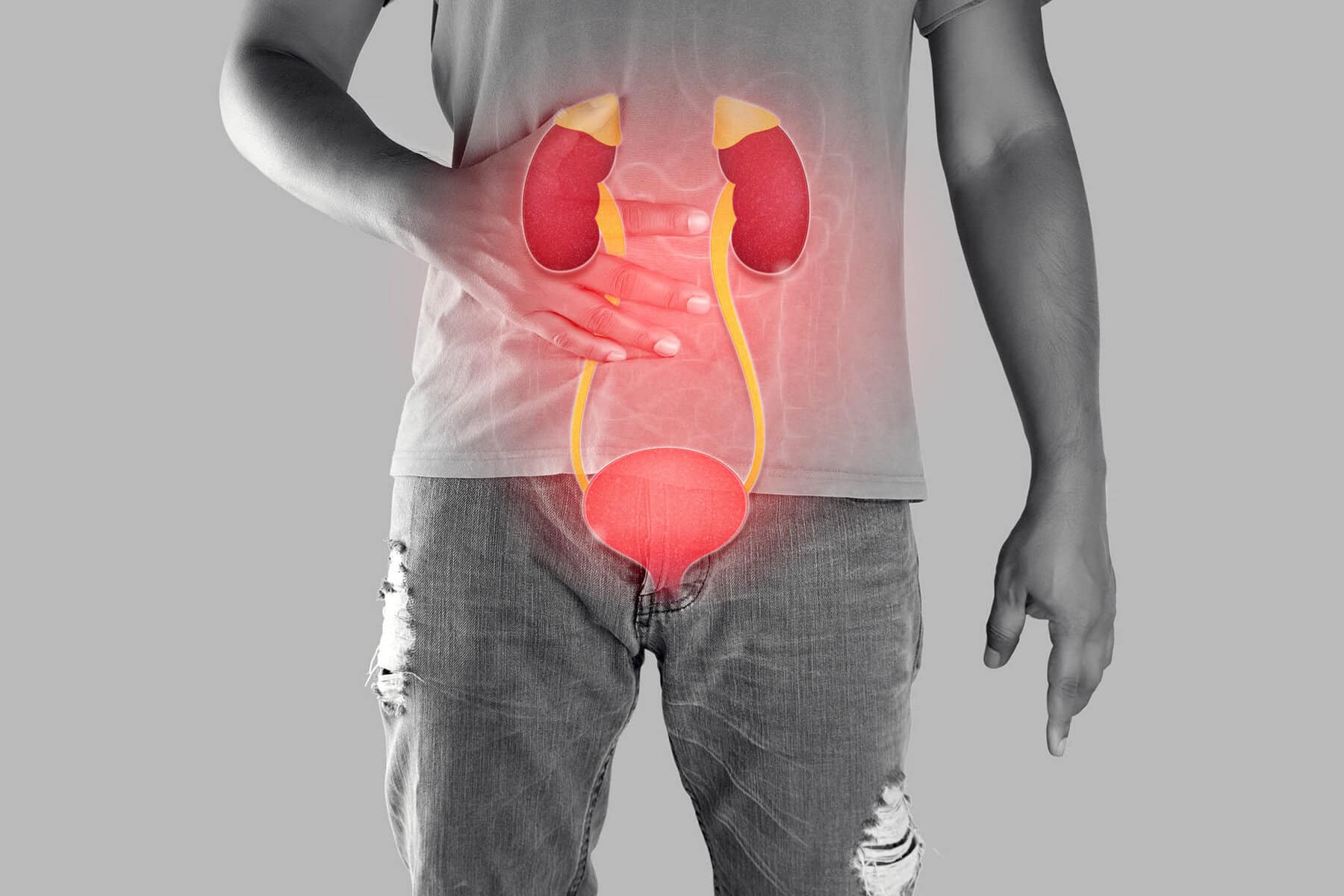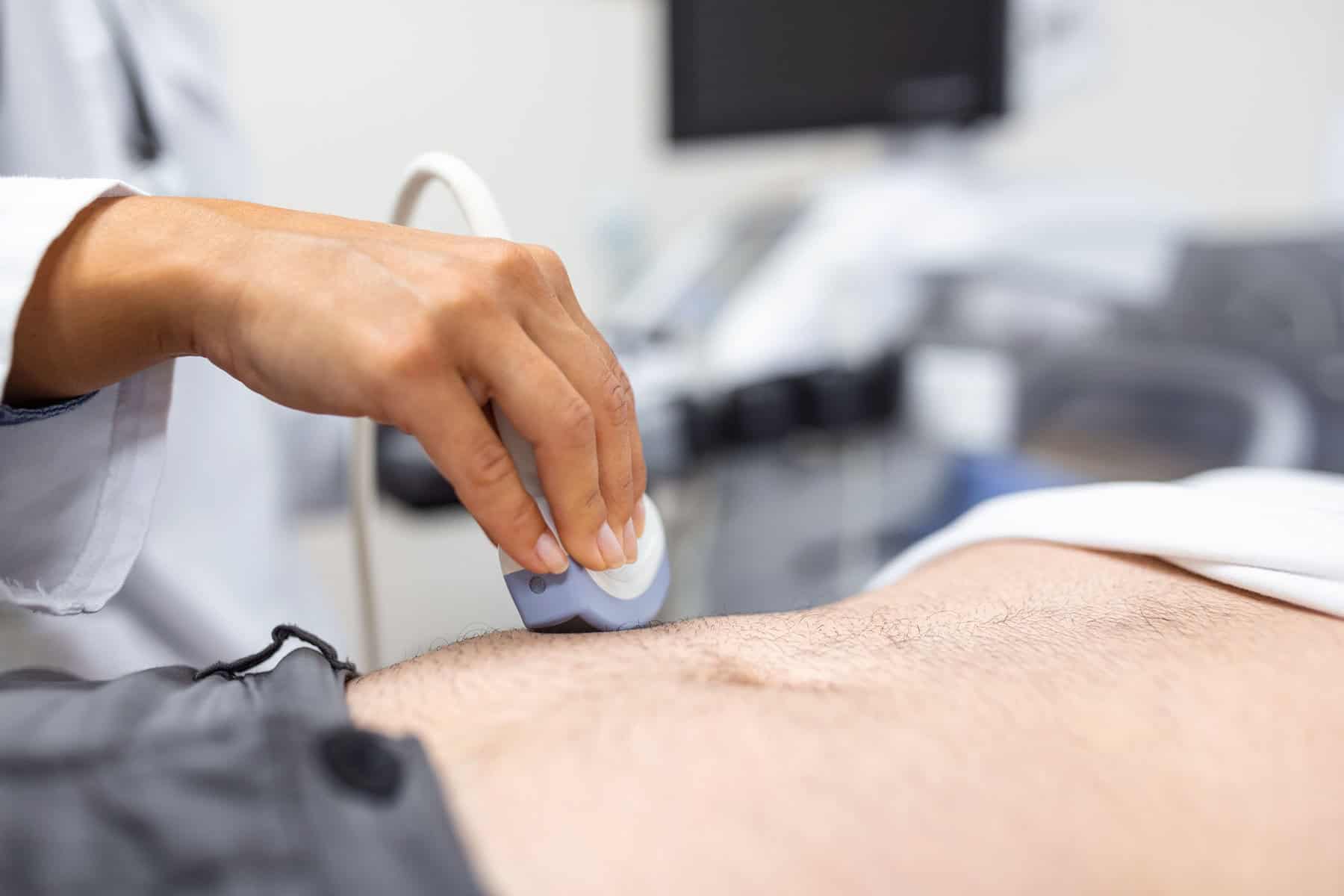Optilume Procedure
Urethral strictures occur when scar tissue causes a narrowing of the urethra — the tube that carries urine from the bladder out of the body. This narrowing can restrict or block urine flow, leading to symptoms such as a weak stream, straining to urinate, or recurrent urinary infections. While some cases are managed with traditional treatments like dilation or surgery, recurrent strictures often require a more targeted approach. That’s where the Optilume Procedure comes in.

Overview of Optilume Procedure
The Optilume Procedure is an advanced, minimally invasive treatment for men with recurrent urethral strictures. It combines mechanical dilation with targeted drug delivery. Optilume uses a drug-coated balloon to mechanically widen the narrowed section of the urethra. While the balloon is inflated, it delivers paclitaxel, a medication known to reduce cell regrowth and scarring, directly to the affected tissue. This dual-action approach restores urinary flow and significantly lowers the risk of recurrence.


How does Optilume treat urethral strictures?
Urethral strictures form when scar tissue narrows the passage through which urine flows. The Optilume treatment addresses this by gently stretching the narrowed area with a balloon and simultaneously applying a drug that prevents the scar tissue from reforming. The balloon is inserted through a catheter and inflated for a brief period. Once treatment is complete, the device is removed, with no incisions or stitches required.
Is Optilume better than traditional dilation or urethroplasty?
For suitable patients, Optilume can offer several advantages over alternative treatments:
Minimally invasive
No need for incisions or stitching
Reduced recurrence rates
Compared to standard dilation
Shorter recovery time
Many patients resume daily activities in the preceding days
Outpatient procedure
Usually completed within 15 to 30 minutes
Combines mechanical and medical therapy
For dual benefit
Less discomfort post-procedure
than with open surgery
Are there risks or side effects with the Optilume Procedure?
Like all procedures, Optilume treatment carries some risks. These may include temporary urinary discomfort, mild bleeding or urinary tract infections. In rare cases, the stricture may return, though recurrence is generally less common compared to traditional intervention methods. Our urologists will discuss all potential risks with you and ensure you are fully informed before treatment.


Why Choose The Forbury Clinic?
At The Forbury Clinic, we offer leading urological treatments in a discreet and supportive environment. Our consultant-led team includes experienced specialists trained in performing the Optilume Procedure. We provide detailed consultations, tailored treatment plans and ongoing aftercare to ensure the best possible outcomes. Get in touch to explore your treatment options today.